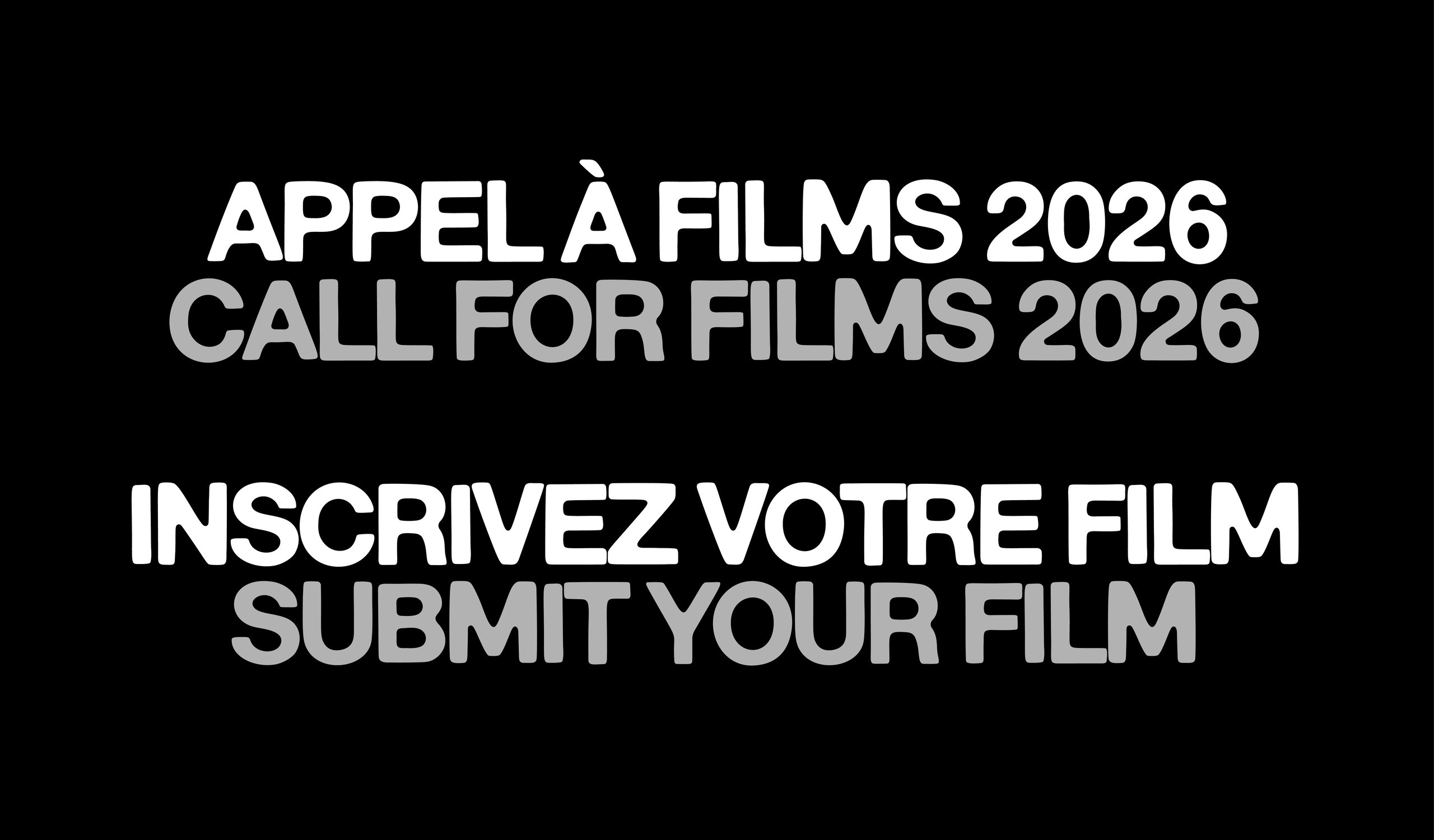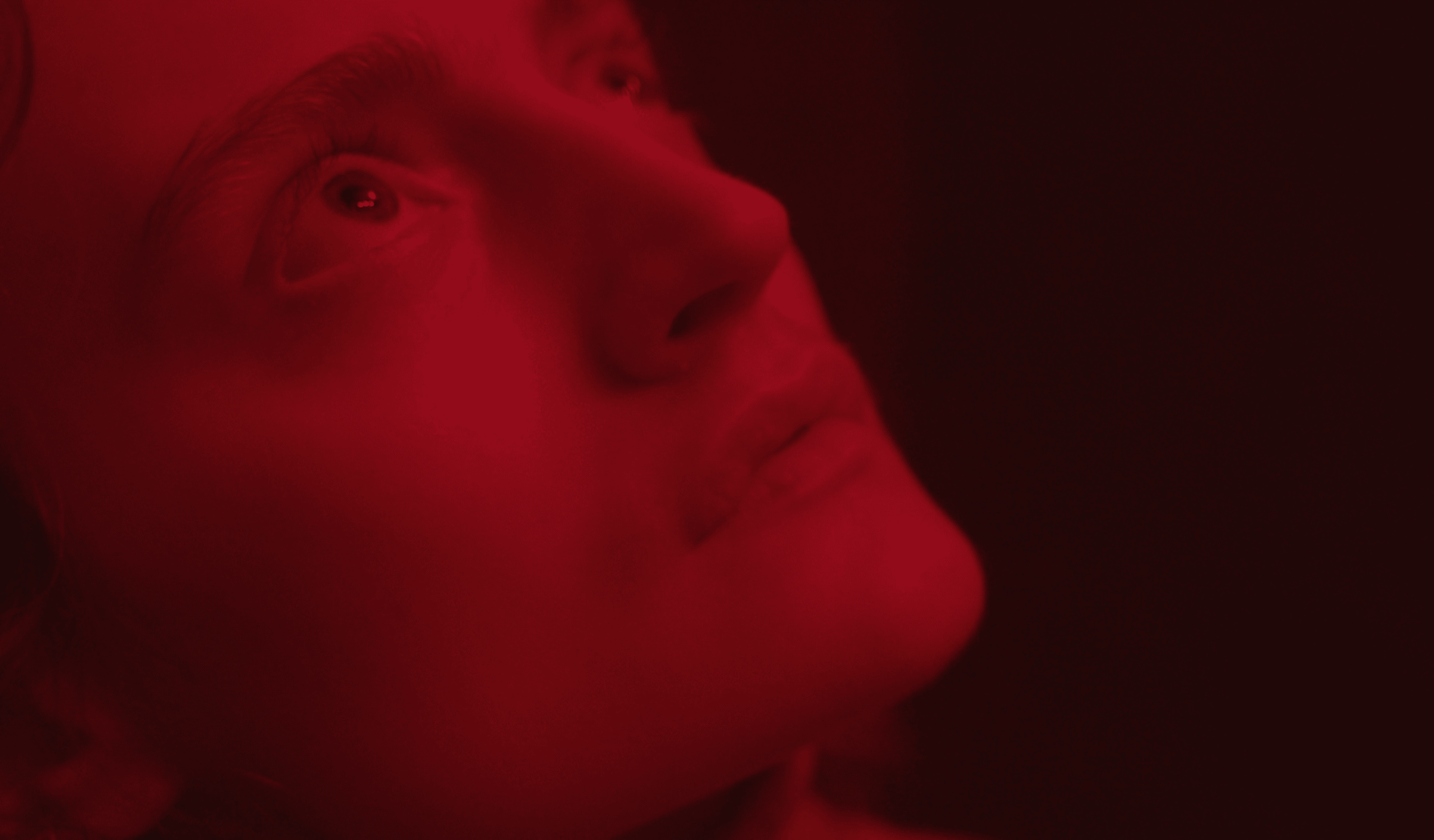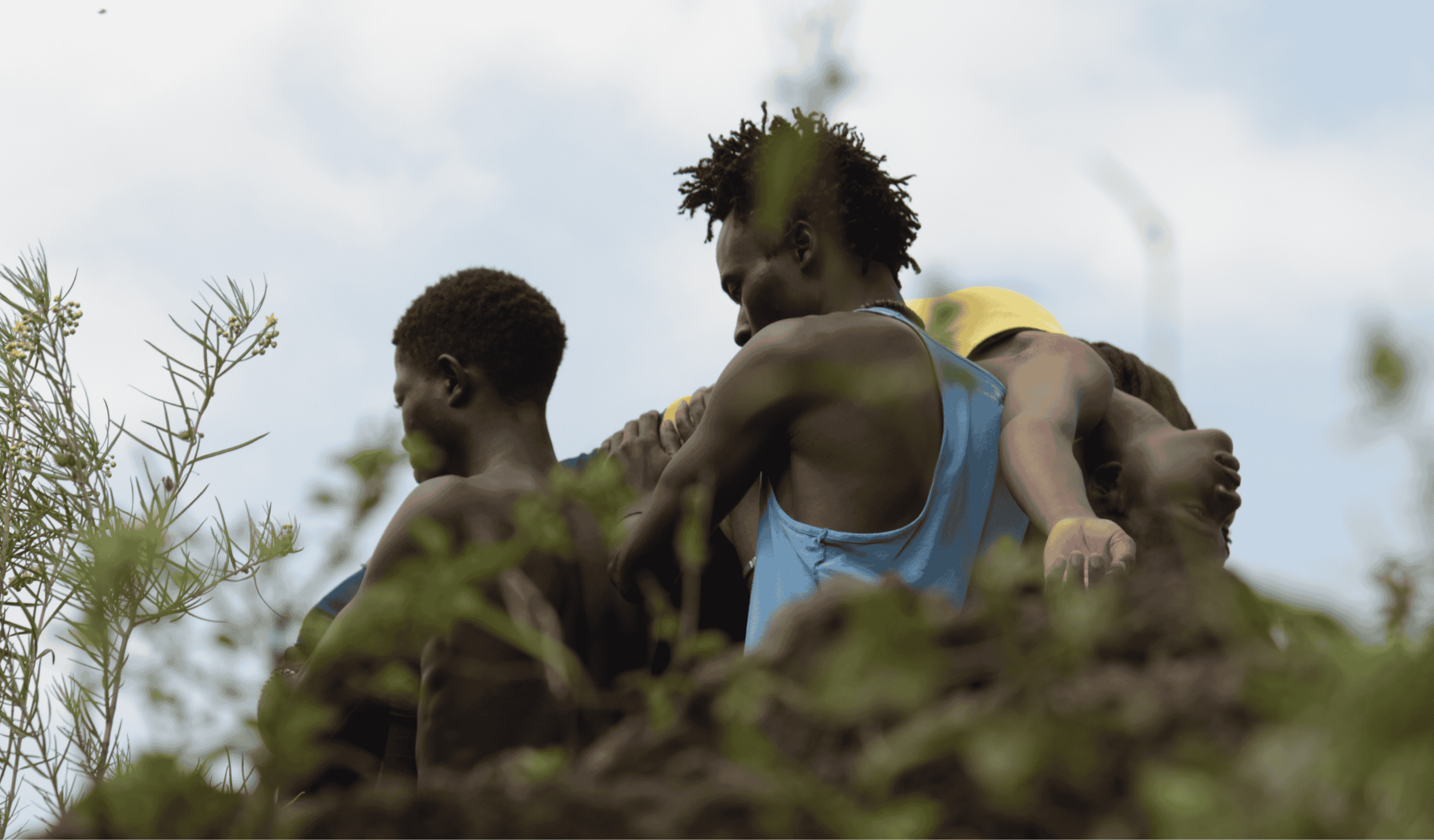Agenda
31.01.2026, 15.03.2026
FIDMarseille
CALL FOR FILMS 2026
Registration is now open

09.12.2025
FIDMarseille
CinéFID x Artists in Exil Workshop
A LEGEND, Daria Yurishcheva ; THE LIGHT WATCHING ME WHILE I WATCH THE NORTH,
Vlada Milovskaya, Knyazhna

11.12.2025
La Gaya Scienza
FIDMarseille x La Gaya Scienza #7
MATATA et KATASUMBIKA de Petna Ndaliko Katondolo
